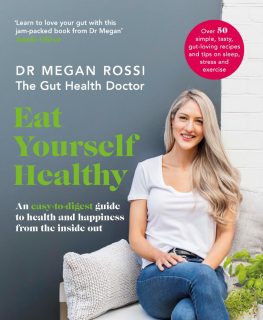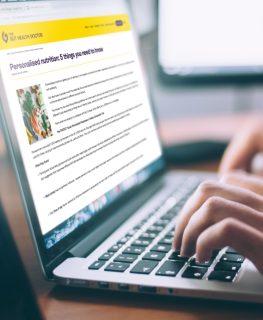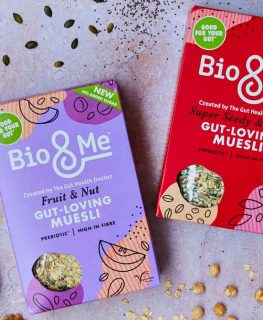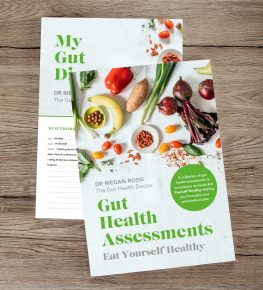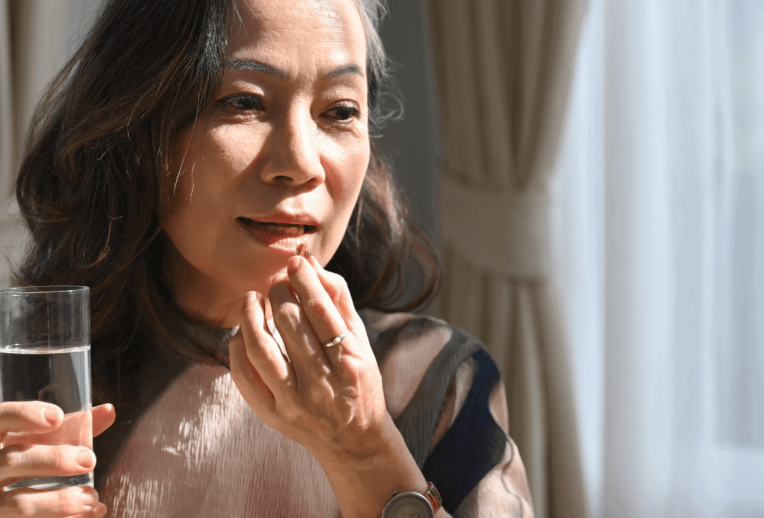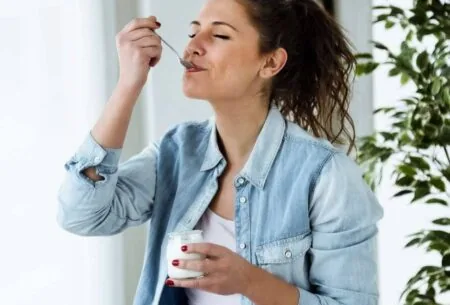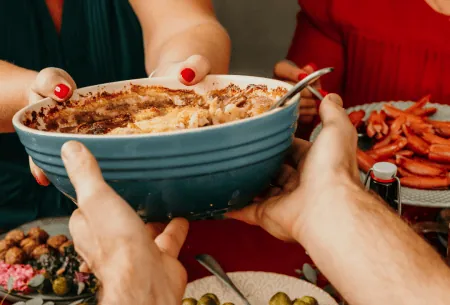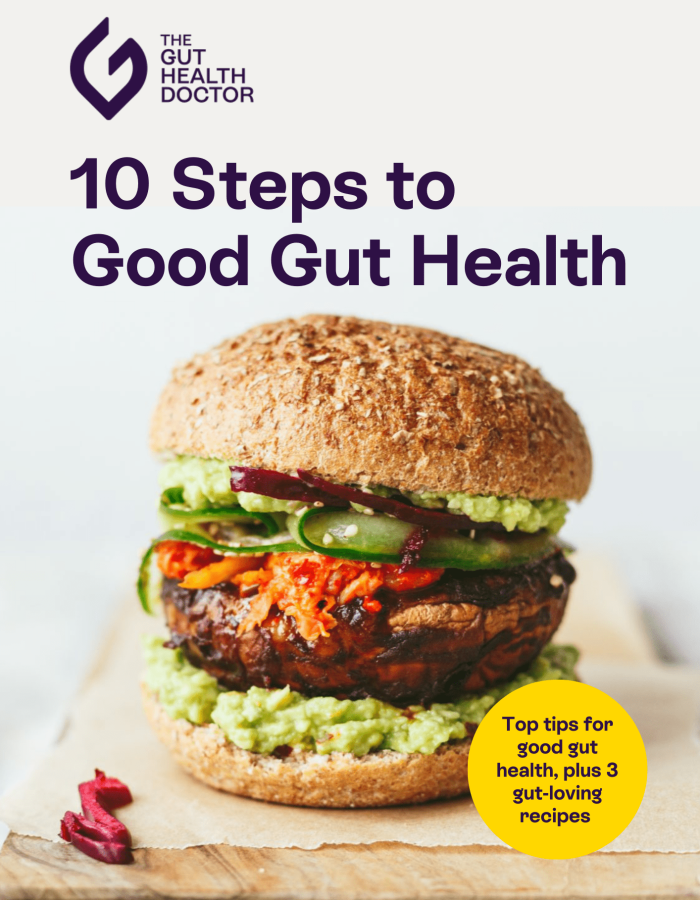What is menopause?
The menopause is a natural part of ageing and officially is said to occur when a woman has stopped periods for 12 consecutive months. In the UK, the average age for a woman to reach the menopause is around 51 years of age. Ever wondered about the use of menopause supplements to help?
What are the symptoms?
There are many mental and physical symptoms of menopause, but so called ‘vasomotor’ symptoms are the most commonly reported. These include hot flushes and night sweats and are characterized by a sudden increase of blood flow to the face, neck and chest and the sensation of being very hot and sweaty. Night sweats can cause sleep deprivation leading to tiredness and low energy levels. Episodes of vasomotor symptoms are often associated with sweating, flushing, chills, anxiety, and heart palpitations.
Can menopause supplements help?
The current market is saturated with supplements that promise to miraculously cure hot flushes and night sweats if consumed daily – but is that so?
The effects of the supplements such as Phytoestrigens and Soya Isolflavones, Red clover Extract and Black Cohosh have been studied in peri and menopausal women, however the results have been mostly insufficient to date.
Phytoestrogens:
Phytoestrogens are plant substances that have a weak estrogenic effect (mimic estrogen) and have a good safety profile. Phytoestrogens are found in flaxseeds, cereals, legumes, fruit and vegetables.
Those populations that have a higher intake of phytoestrogens, such as Japanese women, were found to be experiencing less hot flushes during menopause.
Although it seems very plausible to take a supplement with phytoestrogen to reduce hot flushes and night sweats, a large review of the research on this topic concluded that there are no beneficial effects over placebo. The placebo effect in menopause supplement studies can be as high as 50%!
Some smaller studies show more consistency when looking at the intensity of hot flushes rather than eradicating them completely.
Soy Isoflavones:
Soy Isoflavones (Genistein and Daidzein) are found in a wide variety of foods, but mostly soy. They mimic the female hormone estrogen to a degree by stabilizing estrogen fluctuations and potentially being able to reduce hot flushes.
Interestingly, research has found that women react differently to soy products with some women not responding as expected. The answer to this variance seems to be in the gut microbiota composition.
Certain gut microbes play a special role in the metabolism of soy isoflavones and the production of a beneficial active compound – equol. We do not possess the enzymes necessary to carry out this conversion so bacteria does it for us!
A lack of the certain bacteria which take part in converting soya isoflavones into equol makes some women the so-called non-equol producers. Approximately 50% of Asians and only 25% of non-Asians host the gut bacteria that convert daidzein into S-equol.
In a multicenter, double-blind placebo-controlled trial, 160 equol non-producers postmenopausal Japanese women who experienced at least 1 hot flush per day were randomly assigned to consume 10 mg per day S-equol or placebo for 12 weeks. The trial concluded beneficial effects of a 10-mg natural S-equol supplement consumed daily for 12 weeks on major menopausal symptoms, specifically hot flushes and neck or shoulder muscle stiffness.
Althouh S-equol supplement does offer promising alternatives for the management of menopausal symptoms, more research is required to make any firm recommendations in peri menopause as opposed to post menopausal women.
Women with a personal or family history of breast cancer should speak to a doctor before taking S-equol supplement.
Black Cohosh (Actea Racemosa):
Black Cohosh is a herb that has traditionally been used for cognitive and inflammatory conditions. It has gained more and more interest recently as a supplement to treat vasomotor menopausal symptoms.
A large Cochrane review in 2016 found it to be inconclusive with a high placebo effect. Studies did show slight benefit, however many studies are not robust with poor study design, low participant numbers and confounded by the use of multiple supplements by study participants, which makes it difficult to attribute a benefit to Black Cohosh only.
Only one study (Osmers et al. 2005) found that the group treated with Black Cohosh reported a decrease in hot flushes. It seems that Back Cohosh appeared to be most effective in women with a recent onset of menopausal symptoms rather than late in menopause.
NICE recommendations include a warning that multiple preparations are available and their safety is uncertain and that interactions with other medicines have been reported, so women need to exercise care when choosing this supplement.
Most of the trials that looked at Black Cohosh are under three months in duration and measure vasomotor symptoms via self-report which is often prone to error.
Red Clover Extract (RCE):
RCE refers to any extract that is taken from the Red Clover plant which is a good natural source of isoflavones.
There are a few brand name products of RCE available on the market, such as Promensil and Menoflavon, which isolate the isoflavones that are thought to be bioactive. This mainly refers to two of the soy isoflavones which are also found in this plant (genistein and daidzein) and two structurally similar methylated isoflavones known as biochanin A and formononetin.
When looking at research on RCE and vasomotor menopausal symptoms there are indeed benefits in isolated studies relative to placebo, however there are also many no benefit conclusions indicating that supplementation can be unreliable in symptom improvement.
This may be in part due to differences in absorption or simply due to potential industry bias where many studies are funded by the producers of the supplements. There is a general trend like with other supplements that the independent studies tend to be more likely to report no significant benefit.
Take Away: Menopause Supplements
Overall, current research indicates no significant benefit from taking the above discussed supplements. Placebo effect remains very high studies in studies of supplements in menopausal women. Larger and more controlled research is still needed to shape any future recommendations.
National Institute for Health and Care Excellence (NICE) also recommends that women exercise care when choosing the supplements as they can vary in quality considerably. It is also important to note that most of the studies which looked at supplementation did not last longer than six months, so the long term effects are still unknown.
References:
Anne Lethaby , Jane Marjoribanks, Fredi Kronenberg, Helen Roberts, John Eden, Julie Brown. Phytoestrogens for menopausal vasomotor symptoms. Review Cochrane Database Systematic Reviews. 2013 Dec 10;(12)
Atkinson C , Berman S , Humbert O , et al . In vitro incubation of human feces with daidzein and antibiotics suggests interindividual differences in the bacteria responsible for equol production. J Nutr 2004;134:596–9.doi:10.1093/jn/134.3.596
Franco OH, Chowdhury R, Troup J, Voortman T, Kunutsor S, Kavousi M, et al. Use of plant-based therapies and menopausal symptoms: a systematic review and meta-analysis. JAMA 2016;315:2554-63.
Nelson et al. Nonhormonal Therapies for Menopausal Hot Flashes: Systematic Review and Meta-Analysis. JAMA. 2006;295(17):2057-2071.
NICE guideline [NG23]. Menopause: diagnosis and management. Published: 12 November 2015 Last updated: 05 December 2019.
Ruediger Osmers , Michael Friede, Eckehard Liske, Joerg Schnitker, Johannes Freudenstein, Hans-Heinrich Henneicke-von Zepelin .Efficacy and safety of isopropanolic black cohosh extract for climacteric symptoms (2005) Clinical Trial Obstetrics Gynecology. May;105:1074-83
Takeshi Aso 1, Shigeto Uchiyama, Yasuhiro Matsumura, Makoto Taguchi, Masahiro Nozaki, Kiyoshi Takamatsu, Bunpei Ishizuka, Toshiro Kubota, Hideki Mizunuma, Hiroaki Ohta. A natural S-equol supplement alleviates hot flushes and other menopausal symptoms in equol nonproducing postmenopausal Japanese women. Randomized Controlled Trial .J Womens Health 2012 Jan;21(1):92-100.



